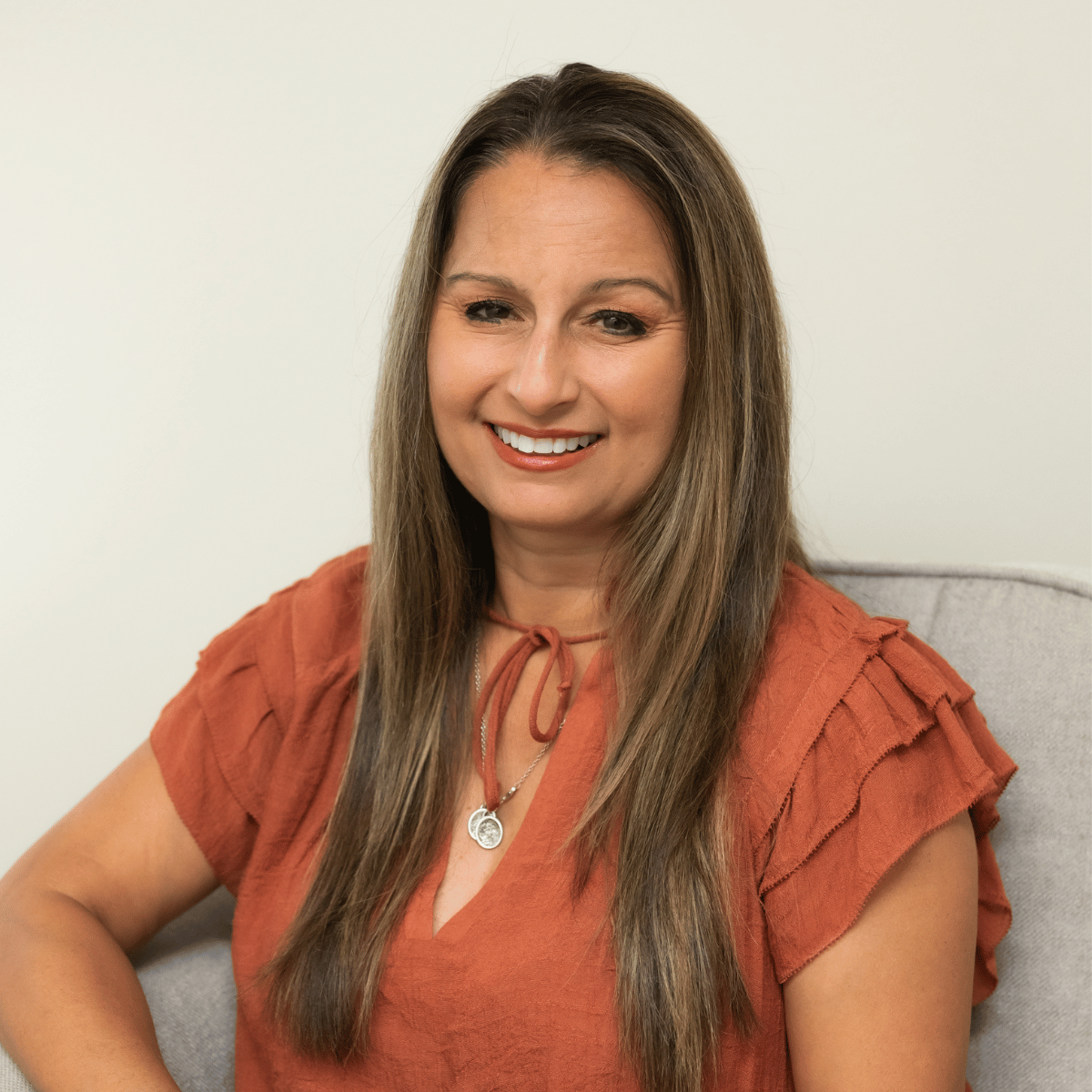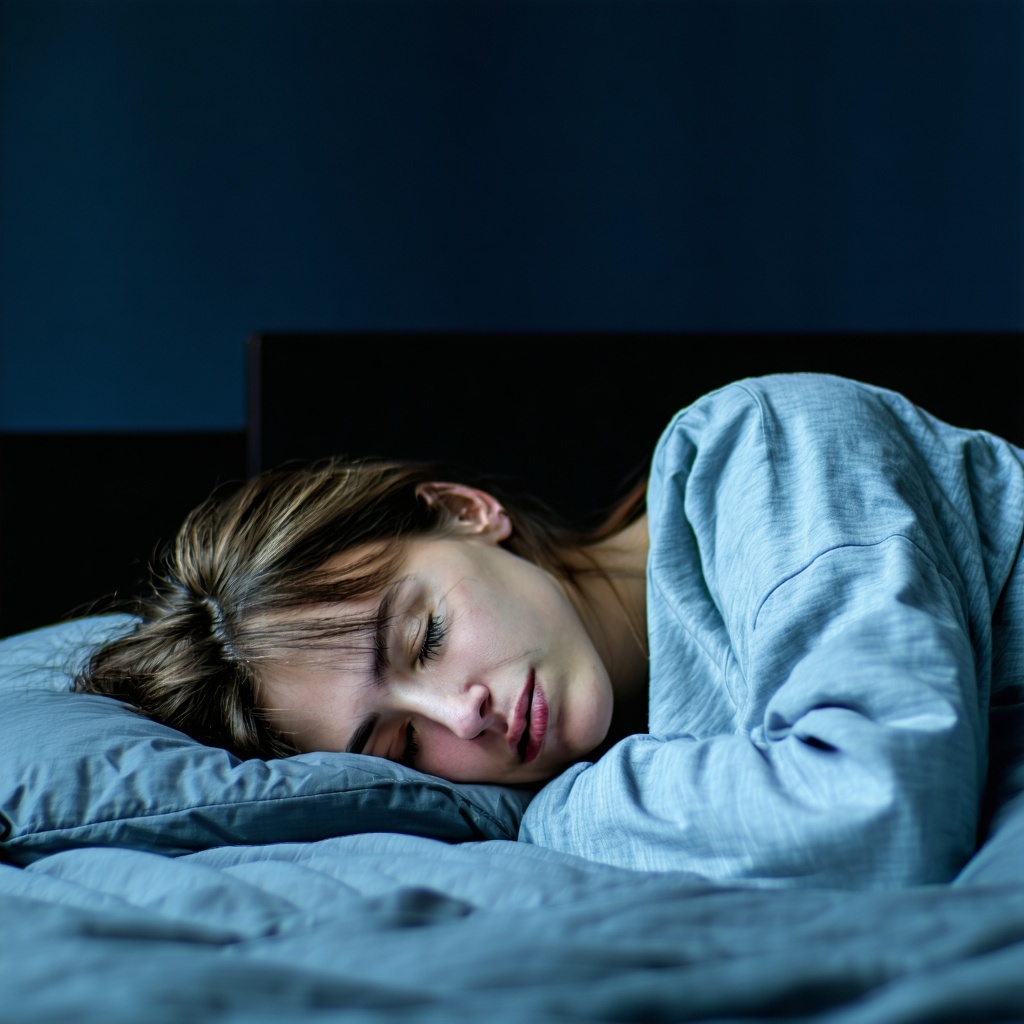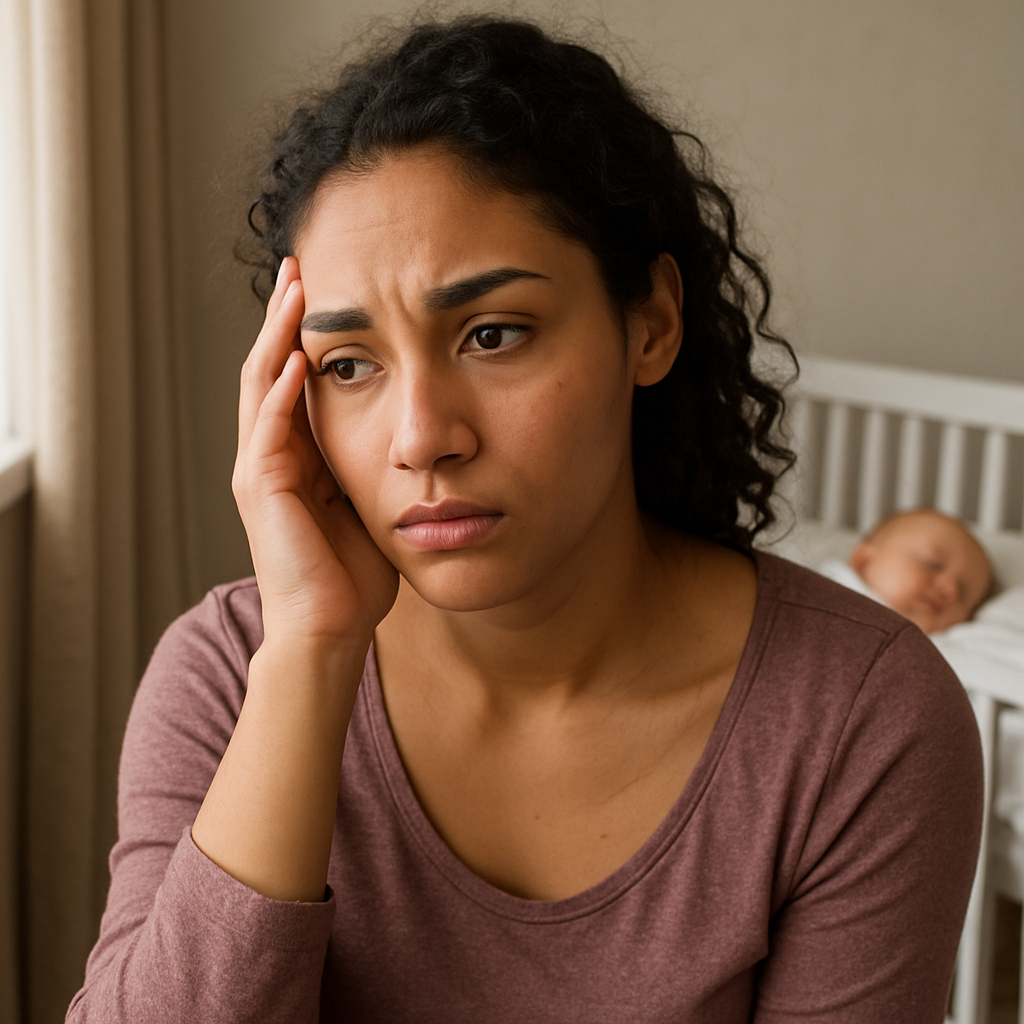Let’s Talk About Women’s Mental Health and Medication
From postpartum to perimenopause to menopause—because your brain deserves care in every season
4 min read
 Monique Cohen, APRN, PMHNP-BC
:
Jul 7, 2025 1:47:29 PM
Monique Cohen, APRN, PMHNP-BC
:
Jul 7, 2025 1:47:29 PM

Let’s start with the obvious: sleep is not a luxury. It’s not something you “earn” after a productive day. It’s not a bonus round. It’s a biological necessity-like breathing, eating, and drinking water.
And yet, when you’re struggling with sleep, it can feel like your brain is playing a cruel game: you're exhausted all day, but the second your head hits the pillow, your mind starts running a full-blown highlight reel of every awkward moment from third grade to now.
If this sounds familiar, you’re not alone.
Whether you’re dealing with insomnia, anxiety-related sleep issues, trauma nightmares, or just good ol’ fashioned overthinking, sleep problems are extremely common in mental health-and often underestimated in their impact.
This blog explores why sleep is so important to mental health, and how medication can sometimes be the bridge to better rest and better functioning.
We all know that one bad night of sleep can leave us cranky, foggy, and off our game. But when sleep problems become chronic, they do more than just make us tired-they disrupt the brain’s ability to regulate mood, stress, memory, and emotions.
Here’s what sleep does for your mental health:
Without enough sleep, your brain has a harder time processing emotions. This can lead to increased irritability, anxiety, and depression. It’s not just in your head-well, okay, it is, but it’s backed by neuroscience.
During REM sleep (that dreamy, rapid-eye-movement stage), your brain works through emotional memories. When this process gets disrupted, trauma symptoms and intrusive thoughts tend to intensify.
Poor sleep = poor concentration, decision-making, and impulse control. (Ever tried adulting on three hours of sleep? It’s...not pretty.)
Quality sleep helps regulate the stress response. Without it, your nervous system stays stuck in fight-or-flight mode-which can worsen anxiety, OCD, PTSD, and other conditions.
So yes-sleep is medicine. But when your brain won’t let you sleep, sometimes medicine is what helps you get there.
Let’s be clear: you don’t have to be in crisis to get help for sleep. If you’re:
…it might be time to talk to your provider about medication support. Sleep issues rarely fix themselves, and untreated insomnia can actually cause or worsen anxiety, depression, and burnout.
There are several types of sleep medications, and your provider can help you choose based on your needs, symptoms, and underlying mental health concerns.
Let’s break down the most common options:
⚠️ Not a sedative. Doesn’t knock you out-just helps signal sleep is coming.
⚠️ Not ideal for long-term use. Often a temporary bridge while developing better sleep habits.
⚠️ Typically not used long-term due to tolerance risk-but useful during high-stress periods.
✅ One of the most widely used sleep meds in psychiatric care.
✅ Often helpful when sleep issues are part of a more complex picture.
Good news: you probably won’t need to.
Most sleep medications are designed to stabilize your sleep during a stressful season, trauma recovery, or while starting therapy. Once your sleep improves and other symptoms are managed, many people taper off with their provider’s help.
Others continue low-dose meds long-term if the benefits outweigh the risks. And that’s okay, too.
This isn’t all-or-nothing. It’s about what helps you function.
Yes, medication is helpful. But it works best when combined with sleep-friendly habits:
🛏 Stick to a sleep schedule – Your brain loves consistency.
📱 Limit screens before bed – Blue light delays melatonin.
🧘 Create a wind-down ritual – Calming music, stretching, warm shower, journaling.
☕ Watch the caffeine clock – Try cutting off after 2pm.
🌙 Use the bed for sleep (and sex) only – Not work, arguments, or scrolling TikTok.
Medication gives your brain a head start. Routine keeps it going.
The benefits of finally getting consistent, restful sleep are massive:
Sleep is the foundation. And without it, everything else in mental health treatment becomes harder to sustain.
If you're struggling with sleep, you’re not failing. You’re human. And you’re probably exhausted.
It’s okay to ask for help.
Medication isn’t about “giving in” or “taking the easy way out.” It’s about giving your nervous system a break, so it can finally do what it’s been trying to do all along: rest, repair, and recover.
If your brain’s been stuck in hyper-alert mode, sleep isn’t just helpful-it’s healing. And if a small, safe dose of medication helps open that door, you deserve to walk through it.
Because you’re not meant to live life in survival mode. You’re meant to feel rested, regulated, and alive.


From postpartum to perimenopause to menopause—because your brain deserves care in every season

Let's talk about life transitions. Those big (and sometimes sneaky) moments that flip everything upside down:New jobs. New babies. Graduations....

Let's start with a deep breath.